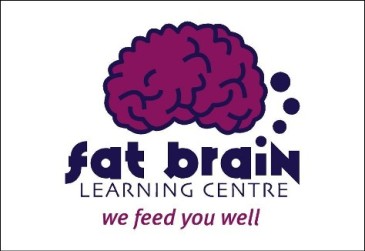An argument is, a connected series of statements to establish a definite proposition.
Deductive arguments are generally viewed as the most precise and the most persuasive; they provide conclusive proof of their conclusion, and are either valid or invalid.
Deductive arguments have three stages: Premises, Inferences, Conclusions
A proposition is a statement which is either true or false. The proposition is the meaning of the statement, not the precise arrangement of words used to convey that meaning.
For example, "There exists an even prime number greater than two" is a proposition. (A false one, in this case.) "An even prime number greater than two exists" is the same proposition, reworded.
Unfortunately, it's very easy to unintentionally change the meaning of a statement by rephrasing it. It's generally safer to consider the wording of a proposition as significant.
It's possible to use formal linguistics to analyze and rephrase a statement without changing its meaning; but how to do so is outside the scope of this document.
A deductive argument always requires a number of core assumptions. These are called premises, and are the assumptions the argument is built on; or to look at it another way, the reasons for accepting the argument. Premises are only premises in the context of a particular argument; they might be conclusions in other arguments, for example.
You should always state the premises of the argument explicitly. Failing to state your assumptions is often viewed as suspicious, and will likely reduce the acceptance of your argument.
The premises of an argument are often introduced with words such as "Assume," "Since," "Obviously," and "Because." It's a good idea to get your opponent to agree with the premises of your argument before proceeding any further.
The word "obviously" is also often viewed with suspicion. It occasionally gets used to persuade people to accept false statements, rather than admit that they don't understand why something is "obvious." So don't be afraid to question statements which people tell you are "obvious"--when you've heard the explanation you can always say something like "You're right, now that I think about it that way, it is obvious."
Stay tuned. More on inferences and conclusions the next round.
